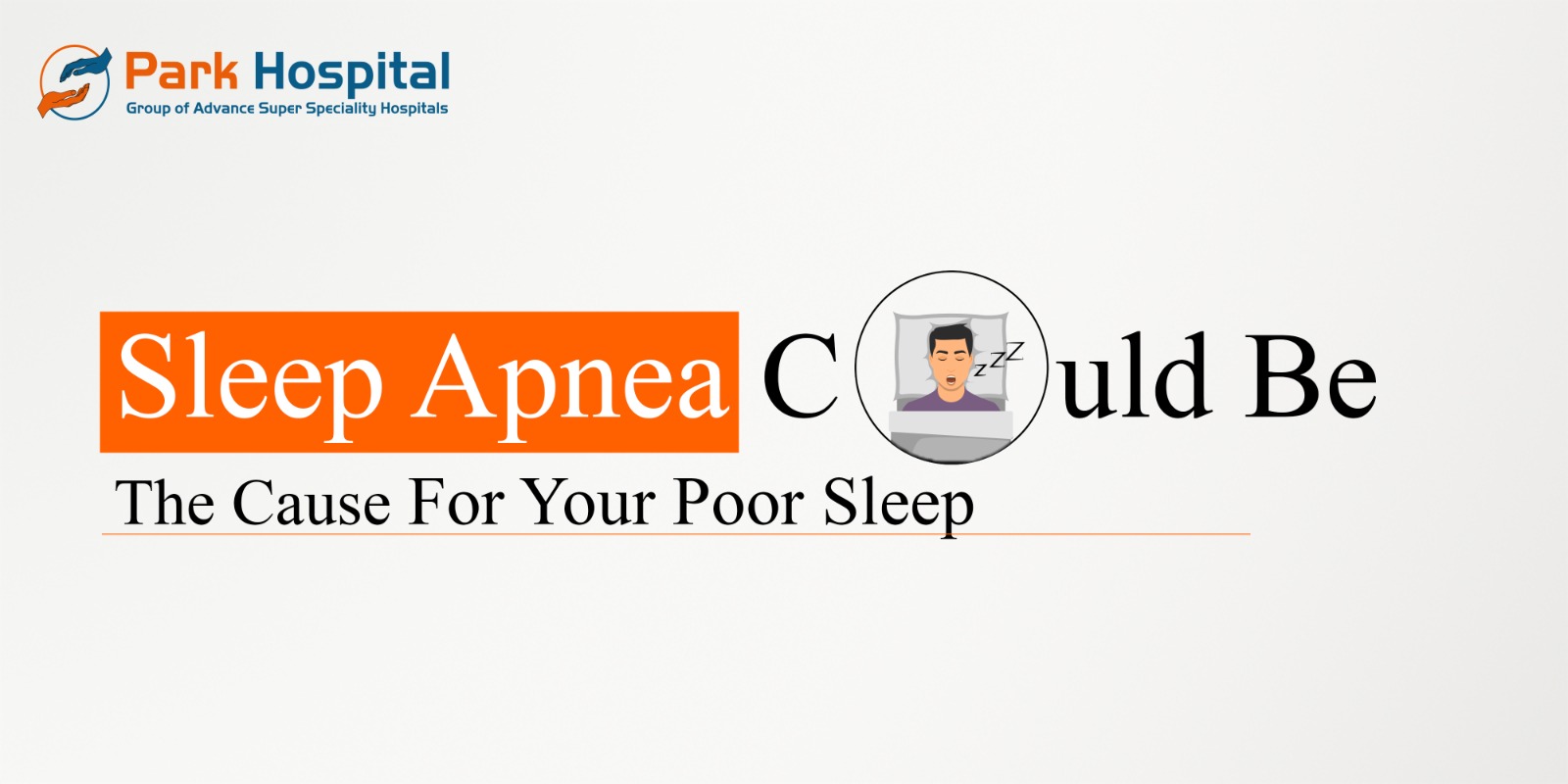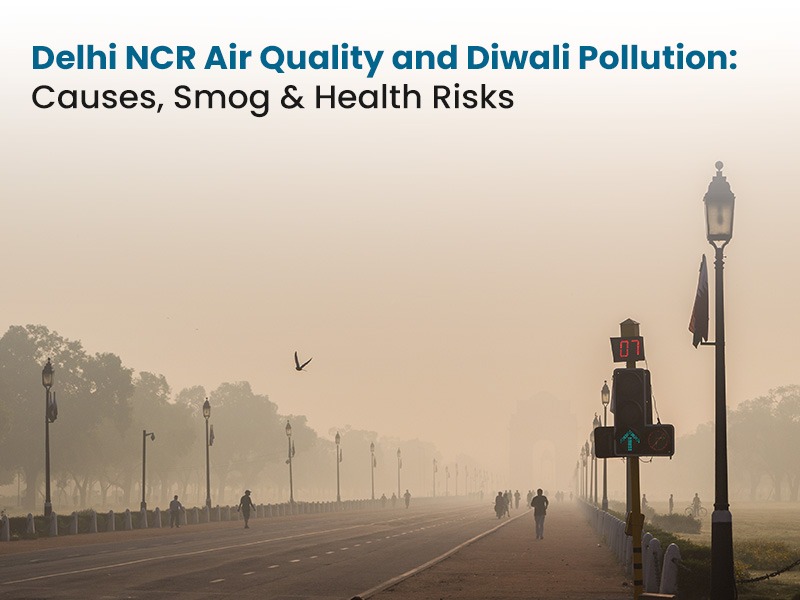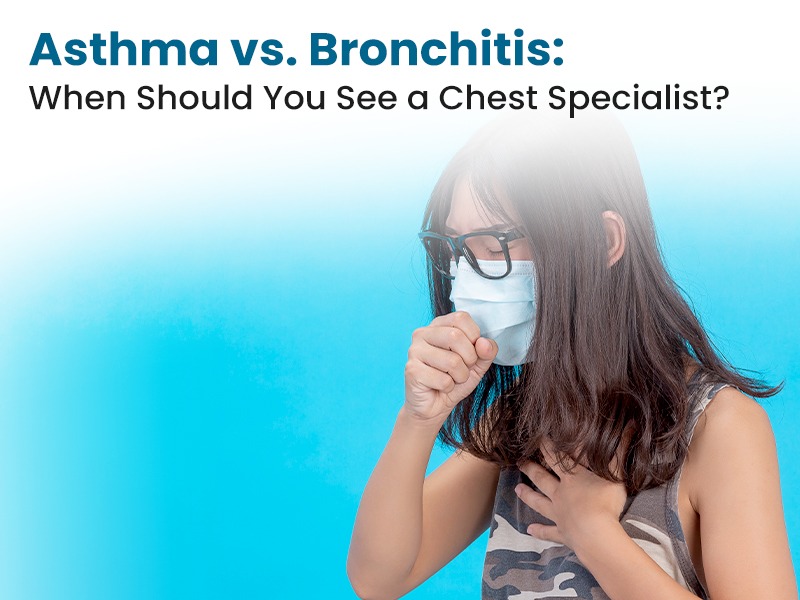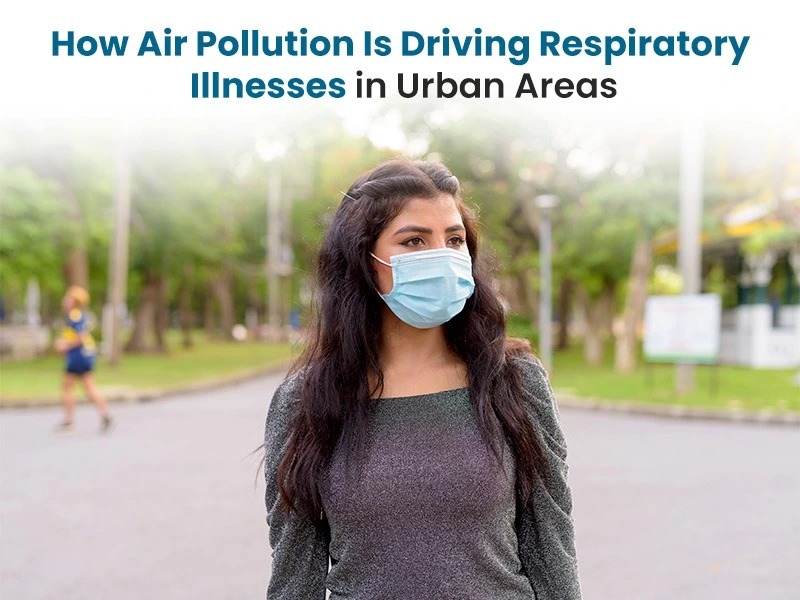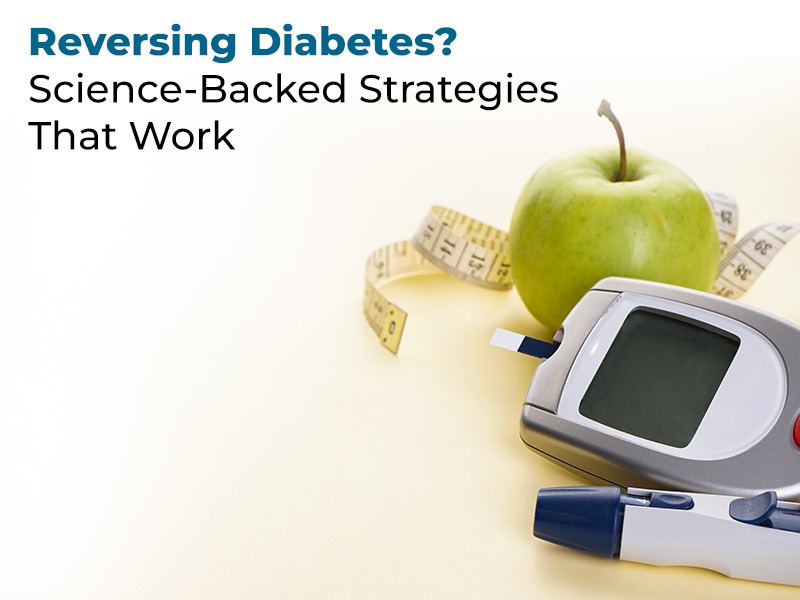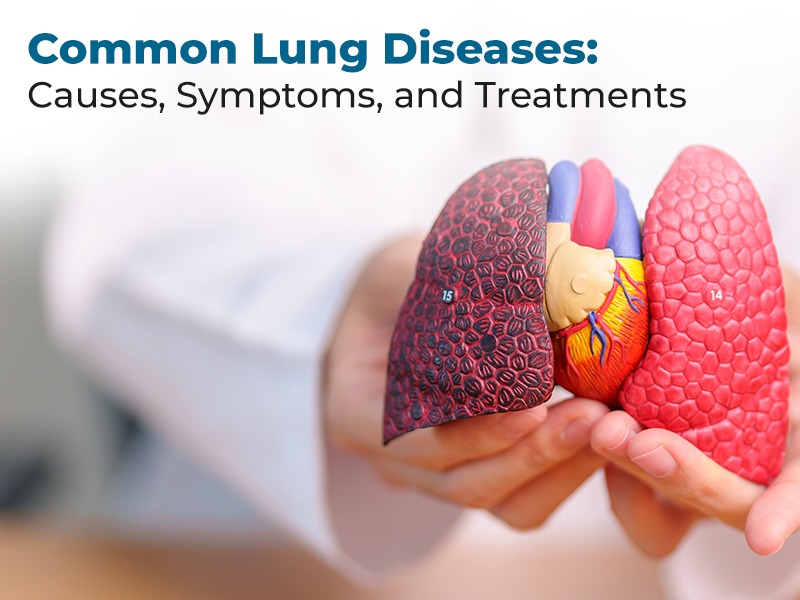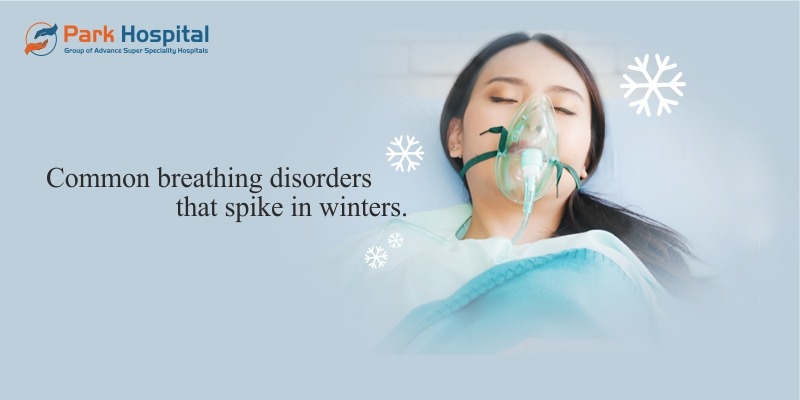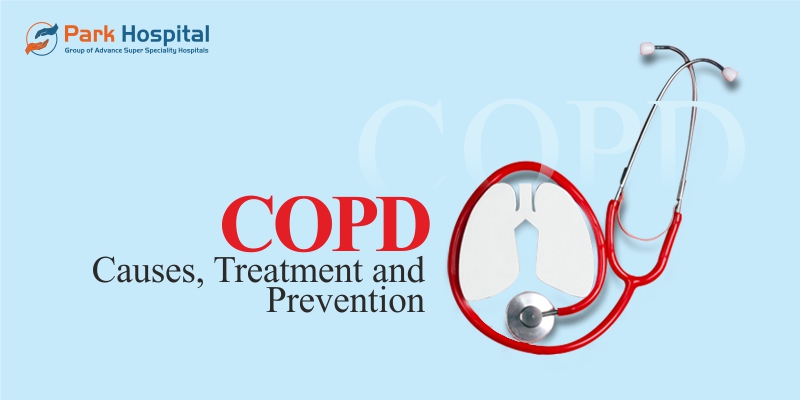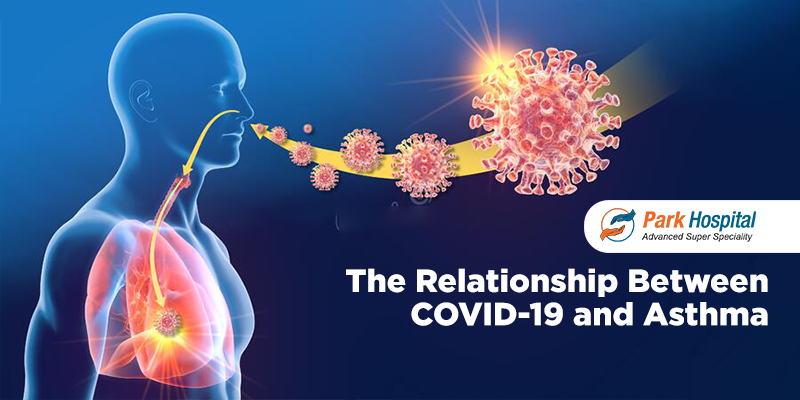Do you find yourself sleeping off in front of the TV and feeling sleepy throughout the day? Does your partner constantly complain about your snoring? Are there times when you have woken up in the middle of the night from your sleep, feeling dryness in your mouth? If you are experiencing some of these things, chances are you may be suffering from a sleep disorder called sleep apnea.
We generally brush off these symptoms as being part of ‘feeling tired’. However, sleep apnea can be causing you to feel tired and drained out throughout the day. The reason more people do not get help for their sleep problems is because they do not even realise that it is a problem that has serious implications on our health.
What is Sleep Apnea?
Apnea is a greek word that means ‘breathless’. Sleep Apnea is a sleep disorder wherein your breathing stops and starts repeatedly through sleep in the night. The person never gets restful sleep and finds that they feel sleepy throughout the day even after a full night of sleep. Sleep apnea may also be referred to as hypoapnea or ‘low breathing’. In India, there is an estimated 35 million people in India suffering from sleep apnea
Sleep apnea can be categorised largely into two types based on what causes the breathing to stop while sleeping.
Obstructive sleep apnea: This is the more common form of sleep apnea wherein the person does not get enough air while sleeping because the muscles in the back of the throat relax and cause the airways to narrow or close. This causes the level of oxygen in the blood to drop. The brain is signaled that breathing has stopped and the survival reflex kicks in and awakens the person so as to open the airway again and restart breathing.
This awakening is brief and many times goes unnoticed by the person themselves. However, the person’s quality of sleep is badly affected. The person generally snorts or chokes when this happens. This cycle can repeat itself up to 30 times in a single night. This is why the person can never reach deep restful sleep that the human body relies on for proper functioning.
Central sleep apnea: This is where cessation of breathing while asleep occurs because the brain somehow fails to signal your muscles to breathe. This means for a brief period of time you do not breathe till a point where you awaken with shortness of breath. This causes the person to have very restless sleep and struggles to stay asleep or fall asleep at all.
Symptoms of sleep apnea
Sleep apnea causes a significant amount of distress to the person during their waking hours as well. Many people simply brush off the real cause of their problems as just a snoring problem without realising that a sleep disorder is responsible for these symptoms. This may include
Loud snoring that is persistent; however, some cases of sleep apnea do not report any snoring
Sleep apnea causes gasping for air or choking in sleep
Sleep apnea causes hypersomnia or excessive daytime sleepiness
Insomnia or difficulty sleeping
Sleep apnea causes the person to wake up repeatedly
Sleep apnea causes difficulty focusing or concentrating on activities and can even cause memory loss
Sleep apnea causes other problems such as morning headaches and listlessness in the morning
The apnea/ hypoapnea index
Sleep apnea causes you to wake up repeatedly through the night. The apnea/ hypoapnea index measures the number of apnea or hypoapnea events that occur on average in one hour of sleep. Apnea events refer to when breathing stops and the number of times this occurs determines the severity of sleep apnea.
When 5 to 10 apnea events take place in each hour of sleep, it is considered mild sleep apnea. Above 15 and up to 30 apnea events are considered moderate sleep apnea. Anything above 30 apnea events in an hour can be considered severe. So in eight hours of sleep, those with severe sleep apnea may be seen waking up at least 240 times in an 8-hour sleep.
Factors that contribute to sleep apnea
There are several factors that are known to contribute to sleep apnea.
Excess weight: People who are overweight tend to be more susceptible to sleep apnea. Fat around the neck causes obstruction in the airway while sleeping.
Inherited physical traits like a thick neck or narrow airway: Some people hereditarily have a thick neck circumference that narrows the airway or an inherited narrow throat. Even enlarged tonsils can block the airway.
Sex and age: Being an older male can significantly increase your chances of sleep apnea especially if you have other risk factors as well.
Family history: If you have a family history of sleep apnea then chances are that you too may suffer from sleep apnea.
Smoking: Smoking can increase your likelihood of sleep apnea significantly. Smoking causes inflammation in the airway that can worsen sleep apnea.
Alcohol and the use of other sedatives: Alcohol and substances with sedative effects cause the muscles in the throat to relax which worsens sleep apnea.
Other breathing problems: Nasal congestion or breathing problems due to allergies, etc can increase the likelihood of sleep apnea in a person. Asthma and lung disease also increase the risk of sleep apnea.
Other medical conditions: High blood pressure, diabetes, and congestive heart failure are some medical conditions found to directly be linked to a person’s sleep apnea problem. In women, hormonal disorders and even PCOS are linked to sleep apnea.
Sleep apnea diagnosis and treatment
In order to establish the best course for sleep apnea treatment, something called a sleep test might first need to be administered by a specialist to understand the extent and nature of the problem. What this entails is a machine that monitors breathing and other bodily functions while the person is sleeping. The patient may be asked to complete this test in a sleep disorder centre or be given the required apparatus to complete the sleep test at home.
The test for diagnosis may still be best done in a sleep centre with the specialised equipment called the polysomnography that can accurately measure heart rate, blood oxygen level, airflow, arm and leg movements and heart-lung-brain activity. Portable devices used at home can miss important patterns of the person’s sleep apnea.
Sleep apnea treatment
During the consultation, the medical practitioner will also ask you questions to explore risk factors that may be contributing to sleep apnea. Your medical history, along with results from the sleep test will ascertain the severity of sleep apnea that you may be suffering from.
Lifestyle changes: In mild forms of sleep apnea, the medical practitioner may only ask you to make lifestyle changes like limiting alcohol use, stopping smoking, exercising regularly, etc. and bring you into observation again. It has been found that even a 10% reduction in weight in obese people can relieve sleep apnea symptoms significantly. These changes may be asked of anyone with sleep apnea regardless of severity to support any other therapies that the doctor may recommend.
Continuous positive airway pressure (CPAP): A CPAP device is like a mask that you need to wear while sleeping. It creates a greater air pressure than that of the environment and causes the airway to open. This allows breathing and prevents apnea events from taking place. Sleep apnea treatments like CPAP devices are found to reap the best results as far as sleep apnea treatments go.
Finding a suitable CPAP device that you find comfortable to wear while sleeping may be challenging. It generally takes getting used to and is rarely comfortable on the first trial. There are several devices in the market that you may want to research and discuss with your doctor before making a purchase.
Oral appliances: Oral appliances for sleep apnea treatment may be preferred by some people wherein an appliance is inserted through the mouth that keeps the throat viz-a-viz, the airway open while sleeping.
Surgery: Surgery may be suggested only when all other non-surgical methods fail. These could be of different types where the position of the jaw may be adjusted, tissue may be removed to allow more space for the airway, etc. The requirement for surgery needs to be evaluated on a case-to-case basis. In circumstances where sleep apnea is life-threatening with no other sleep apnea treatments working, then the doctor may suggest creating a new airway called a tracheotomy. Here, a surgeon makes an opening in the neck to bypass the obstruction in the throat. This new airway will be closed during the day and at night time you will be able to open this airway to allow breathing throughout your sleep.
If you or someone you know is suffering from symptoms that are similiar to sleep apnea, make a consultation with Park Hospitals to diagnose your sleep disorder.
Conclusion
Sleep apnea is a sleep disorder that affects the quality of sleep due to repeated interruptions in breathing. This is caused due to blocked airways and can have serious implications on a person’s health. In severe cases, sleep apnea is hard to ignore and can be life-threatening and requires sleep apnea treatment.
FAQs
I snore loudly. Do I have sleep apnea?
Loud snoring is one symptom that may or may not occur in people suffering from sleep apnea. If you are a loud snorer and you find that you do not feel rested after a full night’s sleep, you may want to consult with a doctor. You can contact Park Hospitals to make an appointment with a Pulmonologist.
I have been having severe problems with breathing during my sleep for several years. Is it too late to treat?
Problems with breathing during sleep are closely associated with sleep apnea and require medical attention. You can treat sleep disorders and sleep apnea at any point in time though it is better to consult a doctor at the earliest to reduce the long-term implications of a possible sleep disorder like sleep apnea.

